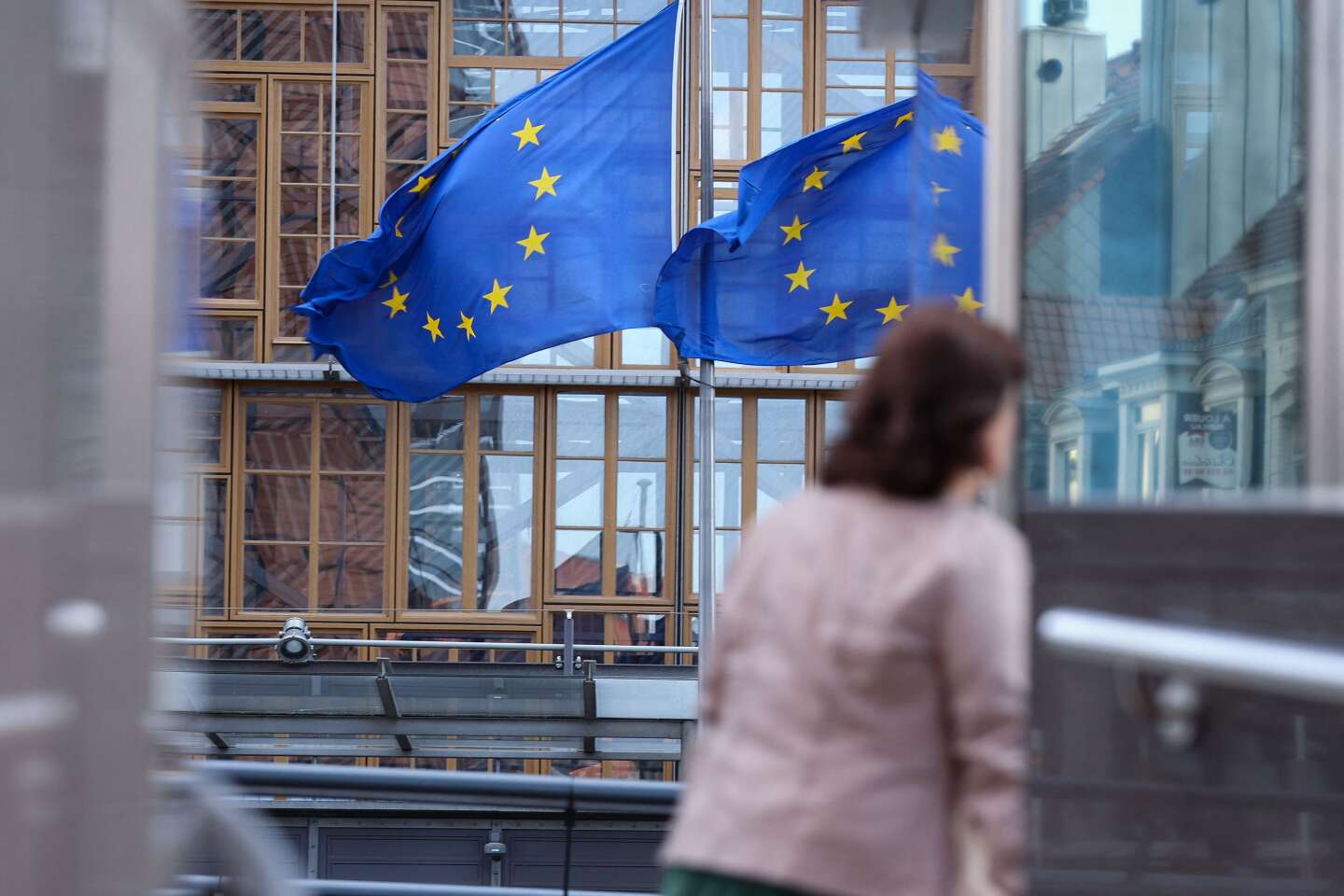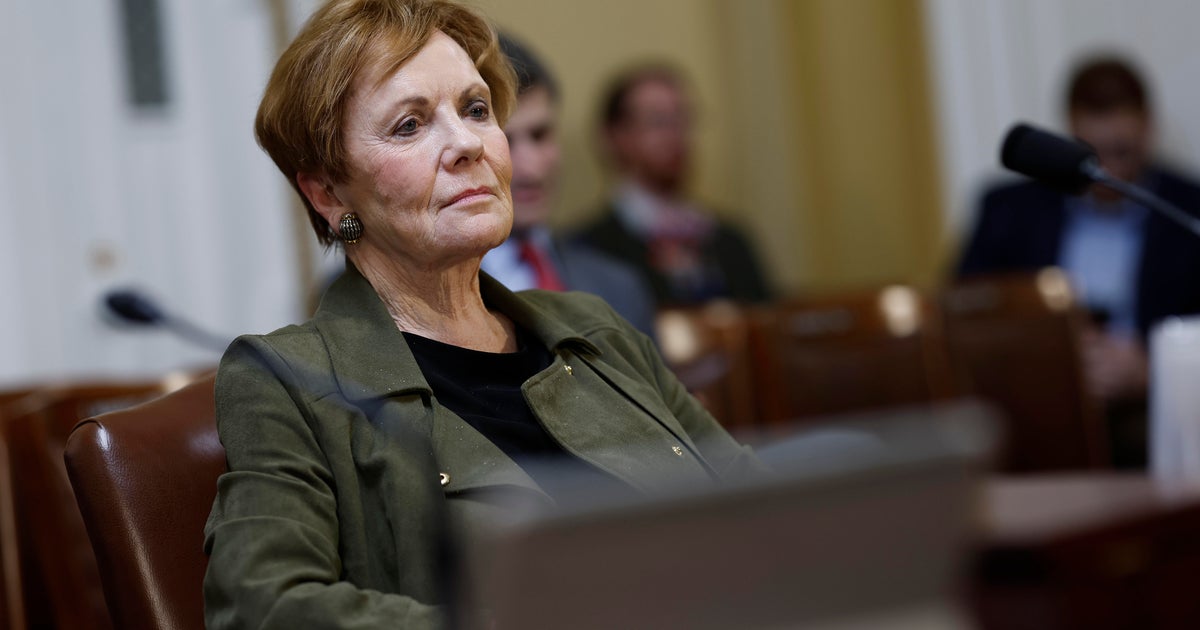Twenty-four hours apart, Taiwan has managed to strengthen its economic ties with the United States, but also, to a lesser extent, with the European Union (EU). Wednesday 1is June, Deputy United States Trade Representative Sarah Bianchi and Taiwanese Minister without Portfolio for Negotiations John Deng met “virtually” and launched “The US-Taiwan 21st Century Trade Initiativee century “. Objective: to develop concrete ways to deepen economic and trade relations, according to a press release from the American Ambassador for Trade (USTR). This initiative aims to facilitate exchanges, enable the adoption “sound and transparent practices” or to cooperate in favor of the environment or climate action, detailed the USTR.
Both parties have also “the intention to explore provisions to facilitate agricultural trade” or fight corruption. Negotiations could begin as early as June. Mr. Deng called this initiative a “historic breakthrough”.
In 2020, Taiwan was the tenth largest trading partner of the United States. US exports of goods to Taipei amounted to 30 billion dollars (28 billion euros), twice less than imports. A deficit that only very partially fills the American surplus in the field of services (2.6 billion dollars).
The challenge of the negotiation is not to restore a more balanced trade: it is political. At the end of May, observers noted that Taiwan was not among the Asian countries that had joined the Indo-Pacific Economic Framework (IPEF), launched by the President of the United States, Joe Biden, during his visit to Japan.
“A major breakthrough”
The IPEF is not a free trade agreement, but a framework facilitating integration between its signatory countries through the adoption of common standards in the digital sector, supply chains, green energies and the fight against corruption. Thirteen countries have joined this framework aimed at counterbalancing Chinese influence in the region. Some would probably have taken it badly that Taiwan (which they do not recognize diplomatically) was a member, which could only have strained their relations with Beijing.
Although a member of the World Trade Organization, Taiwan has no official diplomatic ties with the United States. The two partners therefore do not have formal trade agreements.
You have 59.97% of this article left to read. The following is for subscribers only.
Twenty-four hours apart, Taiwan has managed to strengthen its economic ties with the United States, but also, to a lesser extent, with the European Union (EU). Wednesday 1is June, Deputy United States Trade Representative Sarah Bianchi and Taiwanese Minister without Portfolio for Negotiations John Deng met “virtually” and launched “The US-Taiwan 21st Century Trade Initiativee century “. Objective: to develop concrete ways to deepen economic and trade relations, according to a press release from the American Ambassador for Trade (USTR). This initiative aims to facilitate exchanges, enable the adoption “sound and transparent practices” or to cooperate in favor of the environment or climate action, detailed the USTR.
Both parties have also “the intention to explore provisions to facilitate agricultural trade” or fight corruption. Negotiations could begin as early as June. Mr. Deng called this initiative a “historic breakthrough”.
In 2020, Taiwan was the tenth largest trading partner of the United States. US exports of goods to Taipei amounted to 30 billion dollars (28 billion euros), twice less than imports. A deficit that only very partially fills the American surplus in the field of services (2.6 billion dollars).
The challenge of the negotiation is not to restore a more balanced trade: it is political. At the end of May, observers noted that Taiwan was not among the Asian countries that had joined the Indo-Pacific Economic Framework (IPEF), launched by the President of the United States, Joe Biden, during his visit to Japan.
“A major breakthrough”
The IPEF is not a free trade agreement, but a framework facilitating integration between its signatory countries through the adoption of common standards in the digital sector, supply chains, green energies and the fight against corruption. Thirteen countries have joined this framework aimed at counterbalancing Chinese influence in the region. Some would probably have taken it badly that Taiwan (which they do not recognize diplomatically) was a member, which could only have strained their relations with Beijing.
Although a member of the World Trade Organization, Taiwan has no official diplomatic ties with the United States. The two partners therefore do not have formal trade agreements.
You have 59.97% of this article left to read. The following is for subscribers only.






